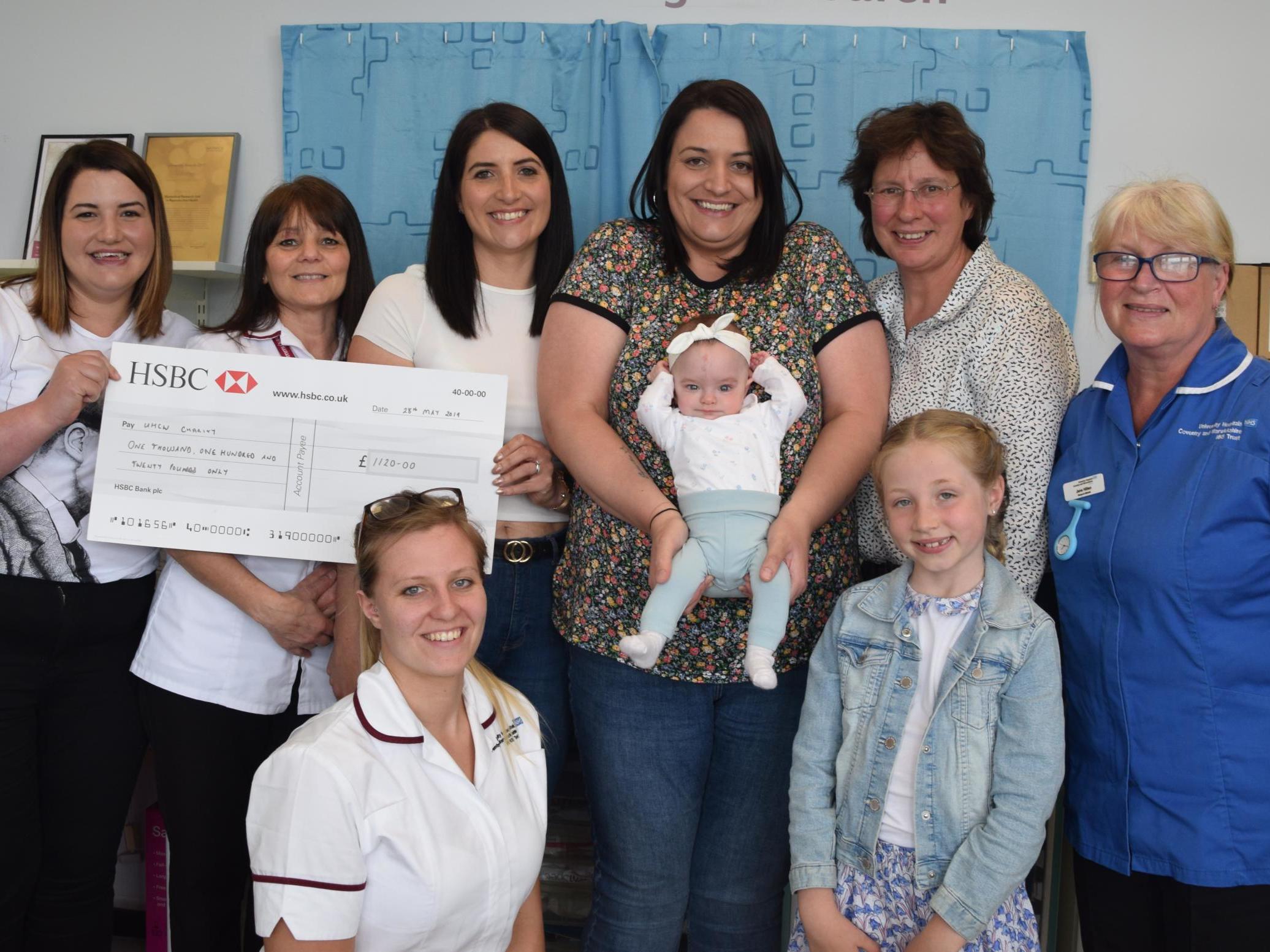Woman who had 'miracle' baby after 13 miscarriages says story gives hope to others
‘Through my story I want to give others hope and strength to carry on even when things seem impossible’

Your support helps us to tell the story
From reproductive rights to climate change to Big Tech, The Independent is on the ground when the story is developing. Whether it's investigating the financials of Elon Musk's pro-Trump PAC or producing our latest documentary, 'The A Word', which shines a light on the American women fighting for reproductive rights, we know how important it is to parse out the facts from the messaging.
At such a critical moment in US history, we need reporters on the ground. Your donation allows us to keep sending journalists to speak to both sides of the story.
The Independent is trusted by Americans across the entire political spectrum. And unlike many other quality news outlets, we choose not to lock Americans out of our reporting and analysis with paywalls. We believe quality journalism should be available to everyone, paid for by those who can afford it.
Your support makes all the difference.The mother of a “miracle” baby, born after 13 miscarriages, has praised the work of NHS fertility specialists and said she hopes her story can inspire strength in other women who are struggling to give birth.
Laura Worsley had experienced 11 miscarriages in the first trimester since 2008. Two pregnancies with boys, Leo and Graceson, were lost at 17 and 20 weeks.
After trying multiple trials and treatments to overcome fertility issues Ms Worsley and her husband Dave had said their 14th attempt would be their final one.
When her waters broke unexpectedly nearly two months before her due date, Ms Worsley was rushed to hospital and baby Ivy was delivered by caesarean section last September.
“It feels like all of my Christmases have come at once,” Ms Worsley said of Ivy, who weighed 1.7lbs when she was born – the same weight as an average Christmas pudding.
She has since been given a clean bill of health.
Ms Worsley said she couldn’t thank enough the staff at University Hospitals Coventry and Warwickshire (UHCW) NHS Trust, who helped her to have the child she had been dreaming about.
The Worsley’s began seeing fertility specialist Siobhan Quenby, at the hospital’s research unit and identified two conditions that were impacting her ability to maintain a pregnancy.
She was initially treated with folic acid to address antiphospholipid syndrome – also known as “sticky blood syndrome” – which can increase the risk of pregnancy loss.
Despite this and multiple trials and tests, nothing worked
After the loss of their unborn son Leo, tests on his placenta revealed Ms Worsley also had a condition called chronic histiocytic intervillositis (CHI).
This causes the body to attack the placenta that supplies blood and nutrients to the foetus.
Using drugs to improve the lining of her uterus and powerful steroids to suppress her immune system the pregnancy passed the critical 24-week threshold, where premature babies have the best chance of survival.
After her birth, Ivy spent her first months on a neonatal incubator. She beat the odds to avoid sepsis and fought off a bronchiolitis infection.
Ivy recently attended her own baby shower where more than £1,000 was raised for the UHCW Charity to fund more of the same research that helps families like hers.
“It’s so important to be able to make a difference for anyone else going through what I went through,” Ms Worsley said. “Through my story, I want to give others the hope and strength to carry on even when things seem impossible.”
Join our commenting forum
Join thought-provoking conversations, follow other Independent readers and see their replies
Comments